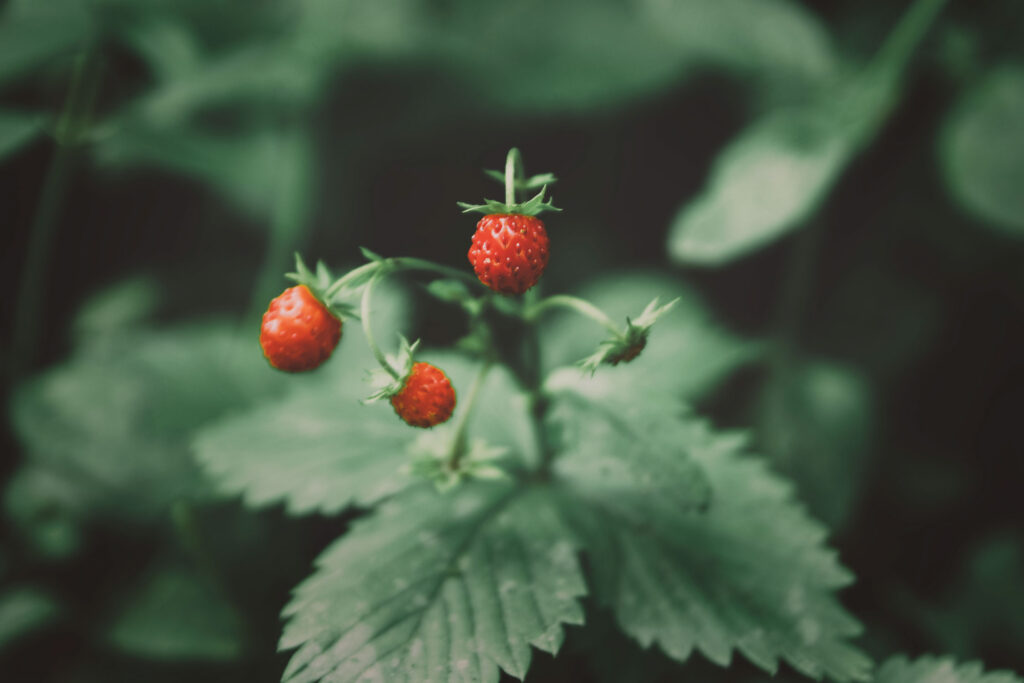Advertisement
Nourish Your Gut
The synergy of phytonutrients and gut microbes

The human gut microbiome is a term used to describe the micro-organisms (and their genetic material) within your gastrointestinal tract. These trillions of microbes go about their daily activities as you go about yours; unseen to the eye, their enterprising ways can promote— or possibly detract from—your health.
These microbes regulate your immune system, manufacture nutrients, help you detoxify, protect your cells, store fat, influence body metabolism, and even directly communicate with your brain!
Advertisement
The good versus the bad
Ideally, your gut is rich in diverse species of microbes, and the good outnumbers the bad. But for many people, the opposite is true. Virtually all chronic medical conditions—from acne to osteoporosis—are associated in some way with an imbalance of gut bacteria.
The healthy lifestyle decisions you make—dietary habits, physical activity, obtaining quality sleep—are now known to have a profound influence on the communities of microbes and the way they function in your gut.
Advertisement
Polyphenols play important role
Phytonutrients—natural chemicals that give plants their taste, vivid colours, and textures—help promote human health and well-being. The best-known class of phytonutrients is polyphenols, which include flavonoids found in tea, grapes, cocoa, berries, and many diverse fruits and vegetables. It also includes curcuminoids that give curry its yellow colour.
New research indicates the bridge between dietary phytonutrients and health benefits is a product of how these natural chemicals are changed by gut microbes.
Advertisement
The microbial chemistry
When phytonutrients enter the gastrointestinal tract, they can be transformed by beneficial microbes, including Lactobacillus and Bifidobacterium, bringing about new chemical structures and smaller metabolites. These newly formed chemicals are still potent in the ability to promote health, are better absorbed, and make their way to where they’re needed in the body.
But the relationship between phytonutrients and friendly microbes is bi-directional: phytonutrients have now been shown to promote the growth of beneficial bacteria and enhance microbial diversity.
Advertisement
Phytonutrients enhance the good
Unlike fibre, which promotes the growth of friendly and unfriendly bacteria, phytonutrients seem to only promote the growth of friendly bacteria. Blends of different polyphenols and individual phytonutrients derived from healthy plant foods—like quercetin found in many green leafy vegetables, resveratrol from grapes, and tannins from pomegranate—have been shown to promote the growth of microbial diversity and friends such as lactobacilli and bifidobacteria.
In other words, phytonutrients only seem to feed friendly bacteria, which encourages the good bacteria to flourish. The microbiome revolution is demonstrating that we are what we eat, and what we eat, eats!





